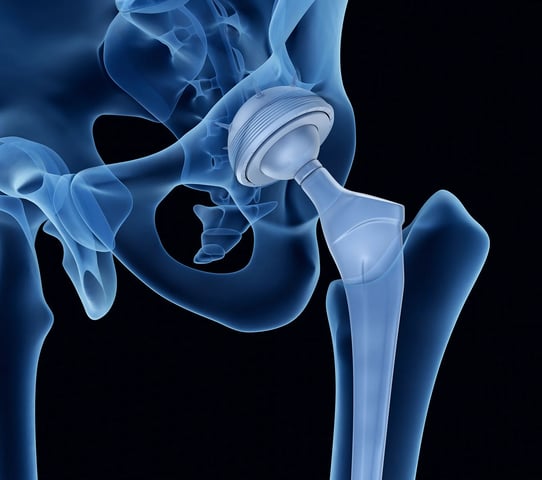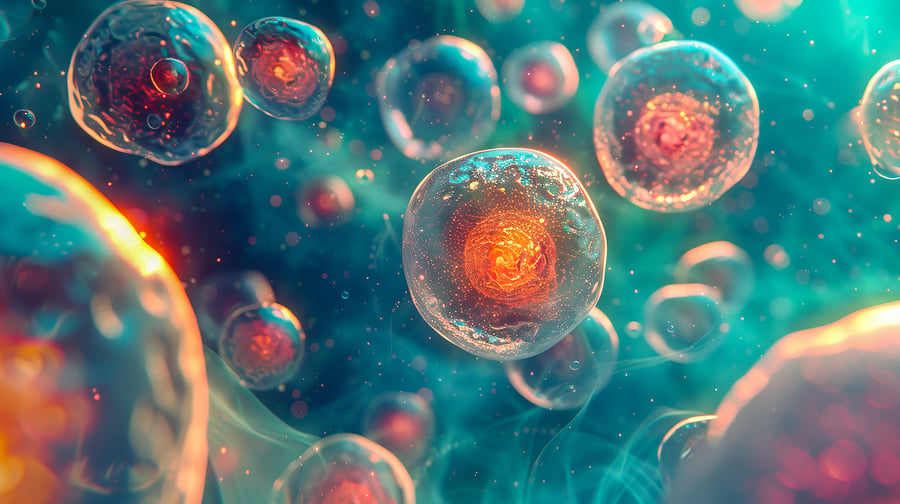
Recorded webinar
Assessing the inflammatory responses induced by biomaterials in contact with human blood using in vitro assays including QCM-D
This webinar discusses how biomaterials and nanoparticles used in medical applications interact with the body's innate immune system, often triggering inflammatory and coagulation responses. It presents a research approach using human whole blood models and techniques like QCM-D to study these reactions at the molecular level. The goal is to better understand the mechanisms of immune activation in order to inform the design of biomaterials with improved biocompatibility.
Webinar details
-
Originally aired
October 19, 2023
-
Length
42 min
-
Presentation by
Karin Fromell
-
Technologies
QCM-D

In this webinar:
- Examine how biomaterial surfaces influence immune and coagulation pathways
- Gain insight into experimental methods like whole blood models and QCM-D
- Understand how material properties relate to biological responses

Presentation by Karin Fromell
Karin Fromell is an Associate Professor, PhD at Uppsala University under the Department of Immunology, Genetics and Pathology (IGP). Her area of expertise is the mechanisms behind activation of the innate immune system, the complement and coagulation contact systems, and their crosstalk.
